Crafting Your Development Capital Stack | Cityscapes Insights Series
Written by Bernita Johnson-Gabriel
This insight piece, written by a Senior Advisor at NGIN, is based on sessions led by speakers from various organizations at the Cityscapes Summit 2024.
With retail financial markets still recovering from pandemic woes and rising interest rates, it’s become increasingly clear that commercial real estate development is not for the weak and squeamish. This is especially true for BIPOC developers desperately trying to do deals in low to moderate income (LMI) neighborhoods. Whether the project is new construction or a complete or partial rehab, developers of color will likely be challenged with developing a formidable capital stack, particularly when it comes to the equity investment.
It is a known fact that generational wealth and social connections oftentimes lead to the infusion of equity in a development deal, which developers of color, may not have access to. To combat the lack of on-hand equity, BIPOC developers must rely upon grit and creativity to obtain the equity they need for their capital stacks.
During the “Crafting Your Development Capital Stack” session at the NGIN Cityscapes Summit 2024 in Durham, NC, Lyneir Richardson, CEO of Chicago Trend; Ajia Morris, Founder of LocalCode Kansas City, and Wilson Lester, Co-Founder of Partners In Equity (PIE) shared three very different solutions to attacking the these challenges:
Chicago Trend’s Approach
At Chicago Trend, a social enterprise formed to catalyze and accelerate strategic commercial development, Lyneir Richardson and his team acquires strip shopping centers in LMI neighborhoods. They assemble teams of Black professionals to manage the properties and expand opportunities to Black owned businesses to lease the space. Most impressive is their ability to structure deals in a way that brings equity to the project by enabling community members to invest and financially benefit from the shopping centers. With just $1,000, residents can have an ownership stake in a retail development that builds wealth and revitalizes their community. To date, Chicago Trend has used this model in five of its properties located in Baltimore and Chicago.
LocalCode Kansas City’s Approach
LocalCode Kansas City (LCKC) is a minority, woman-owned real estate development company based on Kansas City’s Eastside. Founder, Ajia Moore, walked past an historic landmark, Ladd School, which had been closed for nearly fifteen years. After several conversations with neighbors and friends about how the building could benefit the community, Moore founded LCKC and took on the school as her first project. With several projects in the pipeline, all are centered with a foundation that combines local leadership and community control with mission aligned capital and local ownership built into the business model, creating developments that serve the needs of and builds wealth for community residents.
Partner’s In Equity’s Approach
Partners In Equity (PIE) Co-Founder, Wilson Lester, realized early on in his career, the insurmountable challenges businesses of color face when trying to purchase commercial property, primarily due to their inability to secure the downpayment. To solve for that challenge, PIE works with businesses looking to acquire new or preserve existing commercial real estate holdings and provides direct capital (cash) investment into real estate transactions to make owner-occupied commercial real estate deals more bankable. At maturity (7-years), PIE works with business owners to refinance their position, making the business owner the sole asset holder. They focus on real estate holdings in North Carolina.
These are just a few examples of how developers can infuse equity into their deals, designed by the leaders of three Black led companies who are committed to building wealth and revitalizing communities of color. Each model has been tried, tested, and successfully executed. It behooves you to take a deeper dive into each and perhaps even search for other creative ways to introduce more equity into your next capital stack and build wealth for those your project will serve.
Want to watch sessions and view presentations from the Cityscapes Summit 2024?
You can now access a selection of recordings, presentations, downloadables and book recommendations from the summit on our post-event resources page.

